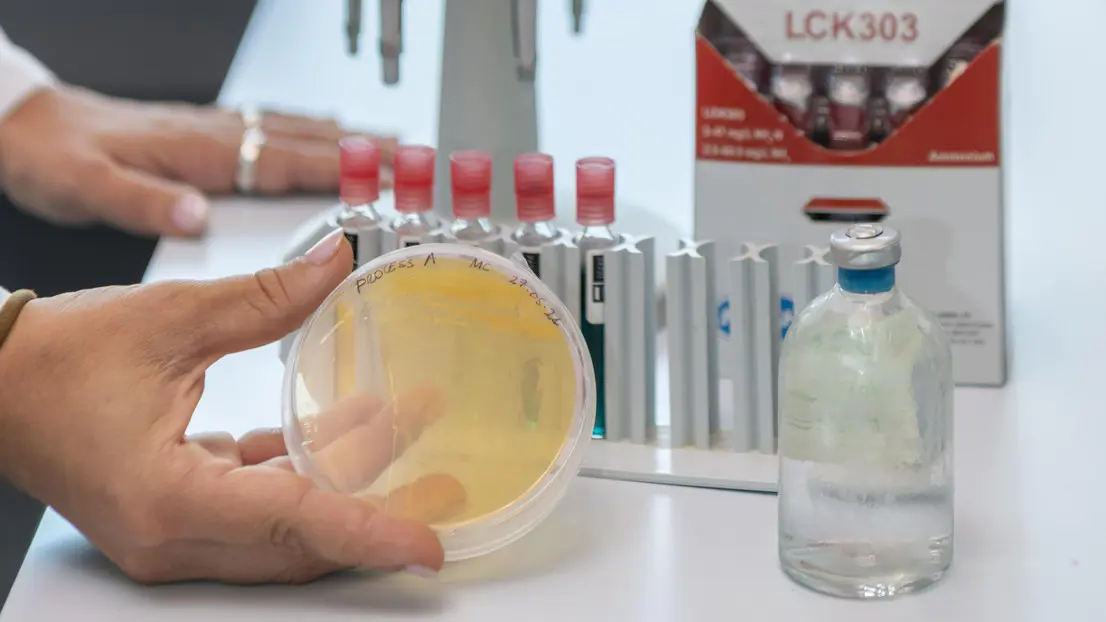This Superpowered Soil Microbe Turns CO₂ Into Stone

Buried beneath our feet is a tiny carbon warrior that could help us rewrite the future of climate tech.
At more than 470 times the atmospheric level of CO₂, scientists at EPFL (École Polytechnique Fédérale de Lausanne) have discovered a soil-dwelling microbe that doesn’t just survive, but thrives, under crushing carbon levels. And while it’s there, it performs a remarkable trick: transforming carbon dioxide gas into solid carbonate minerals.
In other words, this bacterium turns CO₂ into stone.
The microbe, identified as part of the Bacillus genus, operates under conditions so extreme they’d normally be toxic to life. But in its natural desert habitat in Morocco, this tiny organism has adapted to capture carbon directly from the air and convert it into stable minerals like calcium carbonate.
“It’s like the microbe is multitasking for the planet,” says EPFL biogeochemist Rizlan Bernier-Latmani. “It’s managing waste and building rock at the same time.”
What sets this apart is the concentration of CO₂ involved. The team found that this bacterium remained active at levels hundreds of times higher than normal atmospheric conditions, suggesting it could thrive in industrial carbon capture settings, like flue gas systems or direct-air capture plants.
The implications are huge. Current carbon capture technologies often struggle with energy efficiency or long-term storage. But a natural system that locks CO₂ into rock could offer a stable, low-energy pathway for carbon sequestration, without needing synthetic chemicals or high-pressure conditions.
“It’s not just a climate solution,” Bernier-Latmani notes. “It’s a window into how life itself can teach us to handle excess carbon.”
Researchers are now looking into how this natural process can be scaled up or engineered for broader use. If successful, it could mark a new phase in bio-inspired climate tech, one where microbes help clean the air by literally laying the groundwork beneath us.
Sometimes, the smallest organisms carry the biggest solutions. And in the case of this rock-building microbe, the path to climate stability might start with a single grain of carbonate.